István M. Bugár
Ousia in Christian Thought at the Turn of the Second and Third Centuries
Eastern Theological Journal 9 (2023) 2, 181-199
Content
1. Ousia before IIIrd c. AD; 2. Pseudo-Origen, Hippolytus; 3. Christological usage; 4. Significance and influence of Hippolytus’ and Pseudo-Origen’s Trinitarian terminology
ABSTRACT
My paper aims at assessing the role of two authors in the prehistory of Nicaean theology. Hippolytus and Pseudo-Origen were both active at the beginning of the third century, probably both at Rome, and certainly both influenced by Irenaeus in their own different ways. Although they were speculatively and unsuccessfully identified by many scholars from the middle of the nineteenth to the middle of the twentieth century, their method, style, attitude, and theological horizon is radically different. This is obvious also from the present perspective, where I examine their usage of the term ousia in Trinitarian context. To distinguish between the different meanings of the philosophical term, I use as a basis the simple but useful scheme described in Aristotle’s terminological and metaphysical introduction to the definition of the soul in De anima II 1. This threefold division describes fairly well also the diverse understandings of the Nicaean definition in its fourthcentury aftermath. It appears that the two authors scrutinised in this paper use the term consistently but differently from each-other. Nonetheless, they both contribute decisively to the later Trinitarian developments, especially by influencing Tertullian and through Hippolytus’ possible impact on, or at least certain convergence with Origen.
